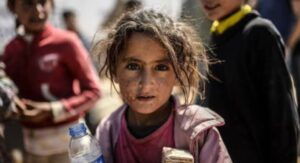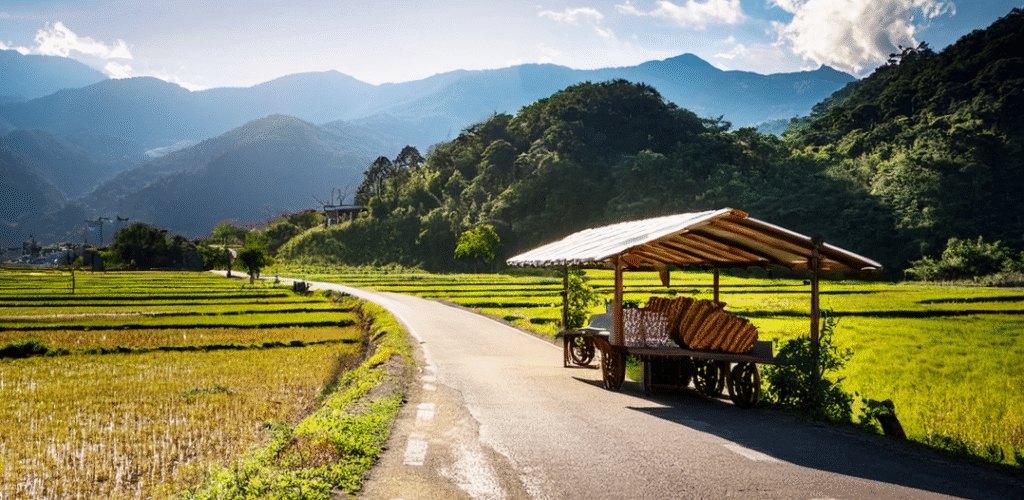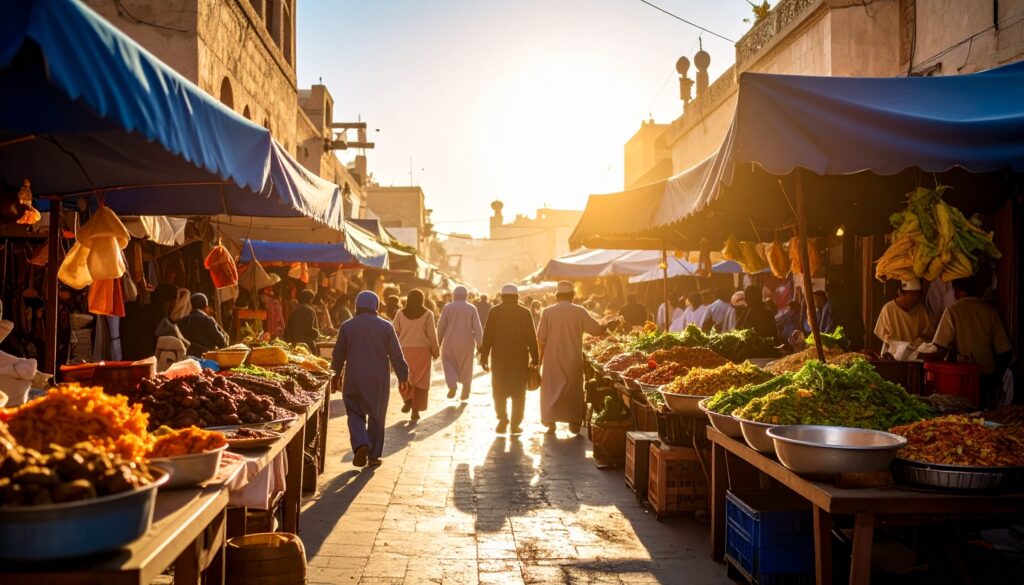
The Yazidi people, an ethno-religious minority primarily based in northern Iraq, possess a rich and resilient culture shaped by centuries of tradition, spiritual devotion, and survival in the face of persecution. Their customs, beliefs, and social structures reflect a unique synthesis of ancient religious elements and deeply rooted communal values, making Yazidi culture both distinctive and deeply symbolic.
At the heart of Yazidi identity is Yazidism, a monotheistic faith that incorporates elements from Zoroastrianism, ancient Mesopotamian religions, Islam, Christianity, and Judaism. Central to Yazidi belief is the worship of one God who entrusted the world to seven holy beings, the most prominent of whom is Tawûsî Melek, the Peacock Angel. This figure, often misunderstood by outsiders, symbolizes divine mercy and justice. Yazidis believe that Tawûsî Melek refused to bow to Adam, not out of pride, but out of loyalty to God’s command—a theological nuance that has tragically led to centuries of mischaracterization and persecution.
Yazidi religious life is deeply tied to sacred geography, particularly the Lalish Valley in northern Iraq. Lalish is home to the tomb of Sheikh Adi ibn Musafir, a 12th-century Sufi mystic who is revered as a reformer and spiritual leader. Pilgrimage to Lalish is a cornerstone of Yazidi religious practice, especially during the Feast of the Assembly, a week-long celebration that includes ritual bathing, communal meals, and spiritual renewal.
Social structure within Yazidi communities is hierarchical and endogamous. The population is divided into three main castes: the Sheikhs, Pirs, and Murids (laypeople). Each Yazidi is born into their caste, and intermarriage between castes is traditionally forbidden. This structure is not merely social but spiritual, as each person is also assigned a spiritual guide—a Sheikh and a Pir—who provide religious instruction and support throughout life.
Marriage customs are equally significant. Yazidis must marry within their faith, and often within their caste. Weddings are community affairs, marked by music, dancing, and traditional rituals. The bride is escorted from her family home to the groom’s, stopping at shrines along the way to offer prayers. A bride-price is typically paid, and the ceremony emphasizes the continuity of Yazidi lineage and faith.
Hospitality is a deeply ingrained cultural value. Guests are treated with great respect and generosity, often being offered food, drink, and a place to rest. This tradition reflects both religious teachings and the practical realities of life in mountainous, often isolated regions where mutual support is essential.
Yazidi culture also places a strong emphasis on oral tradition. Stories, hymns (qewls), and religious teachings are passed down through generations by specially trained religious figures. These oral texts preserve the community’s history, cosmology, and moral teachings, and are often recited during religious festivals and ceremonies. The Yazidi New Year, Çarşema Sor (Red Wednesday), is one such occasion, marked by the dyeing of eggs, lighting of fires, and communal gatherings to celebrate renewal and divine creation.
Death and the afterlife are treated with solemnity and ritual. The deceased are buried with their heads facing east and their faces turned toward the North Star, symbolizing spiritual guidance. A unique aspect of Yazidi belief is the concept of the spiritual sibling—a person from another family who is ritually bonded to assist the soul in the afterlife. This relationship underscores the communal and spiritual interconnectedness that defines Yazidi life.
Despite the richness of their culture, Yazidis have faced repeated waves of persecution, most recently at the hands of ISIS in 2014. Thousands were killed, and many women and children were abducted or enslaved. These atrocities were not only acts of violence but attempts to erase Yazidi identity. Yet, the community has shown remarkable resilience. Many Yazidis in the diaspora—particularly in Australia, Germany, Armenia, and Georgia—continue to uphold their traditions, teach their language (Kurmancî), and advocate for recognition and justice.
In conclusion, Yazidi culture is a tapestry woven from ancient spiritual beliefs, communal values, and a profound sense of identity. It is a culture that has endured through oral tradition, sacred rituals, and the strength of its people. In preserving their customs and sharing their stories, the Yazidis offer the world a powerful example of cultural endurance and spiritual depth.
Listen to my podcast about the Yazidi People

